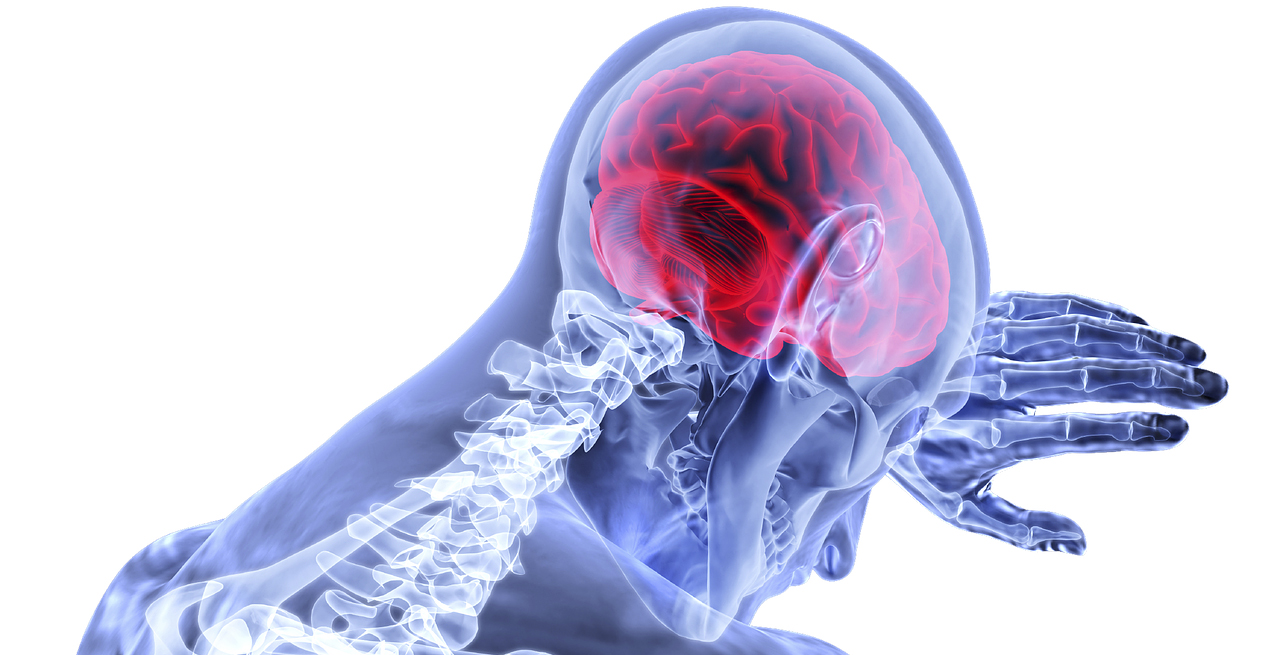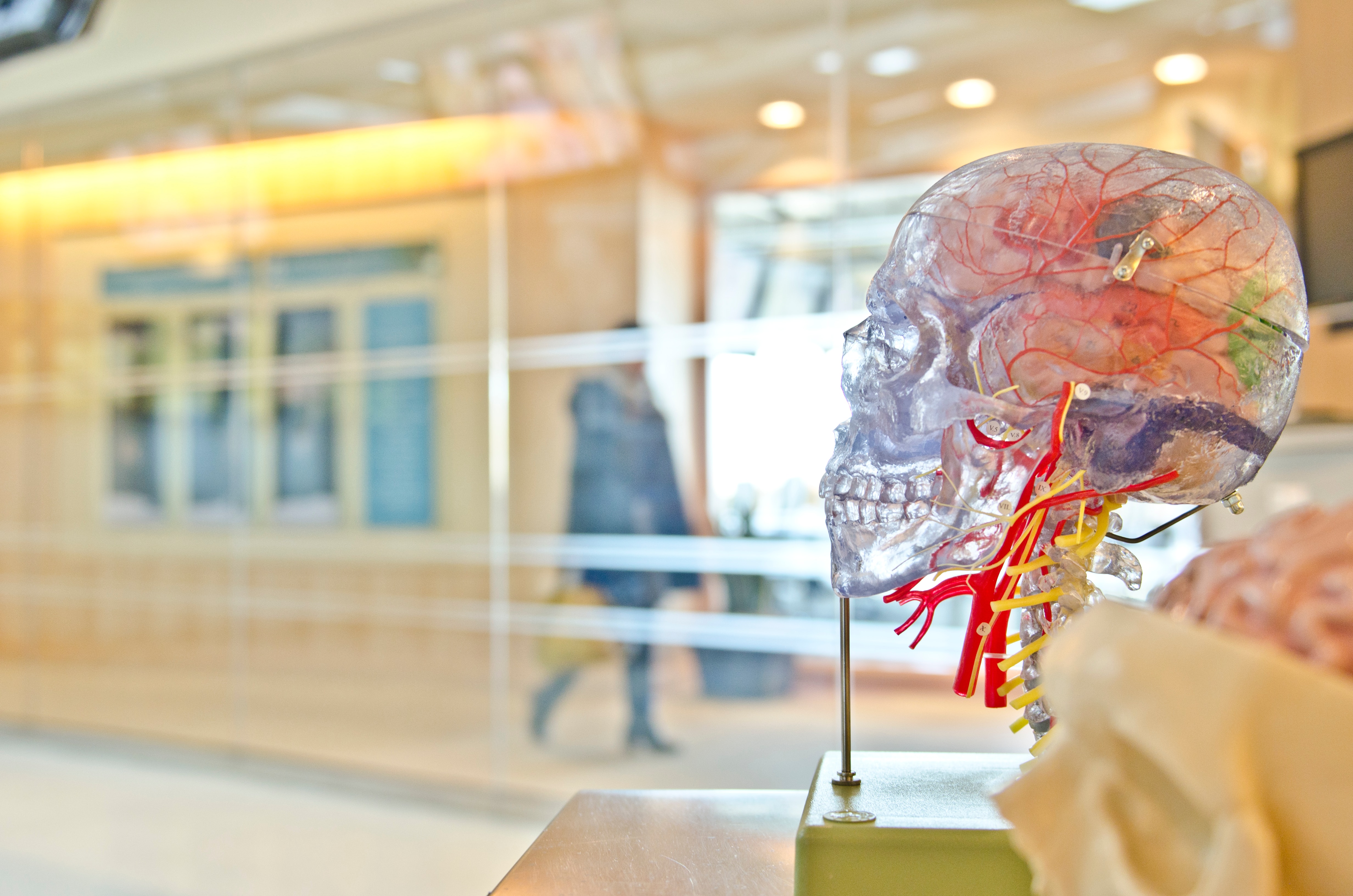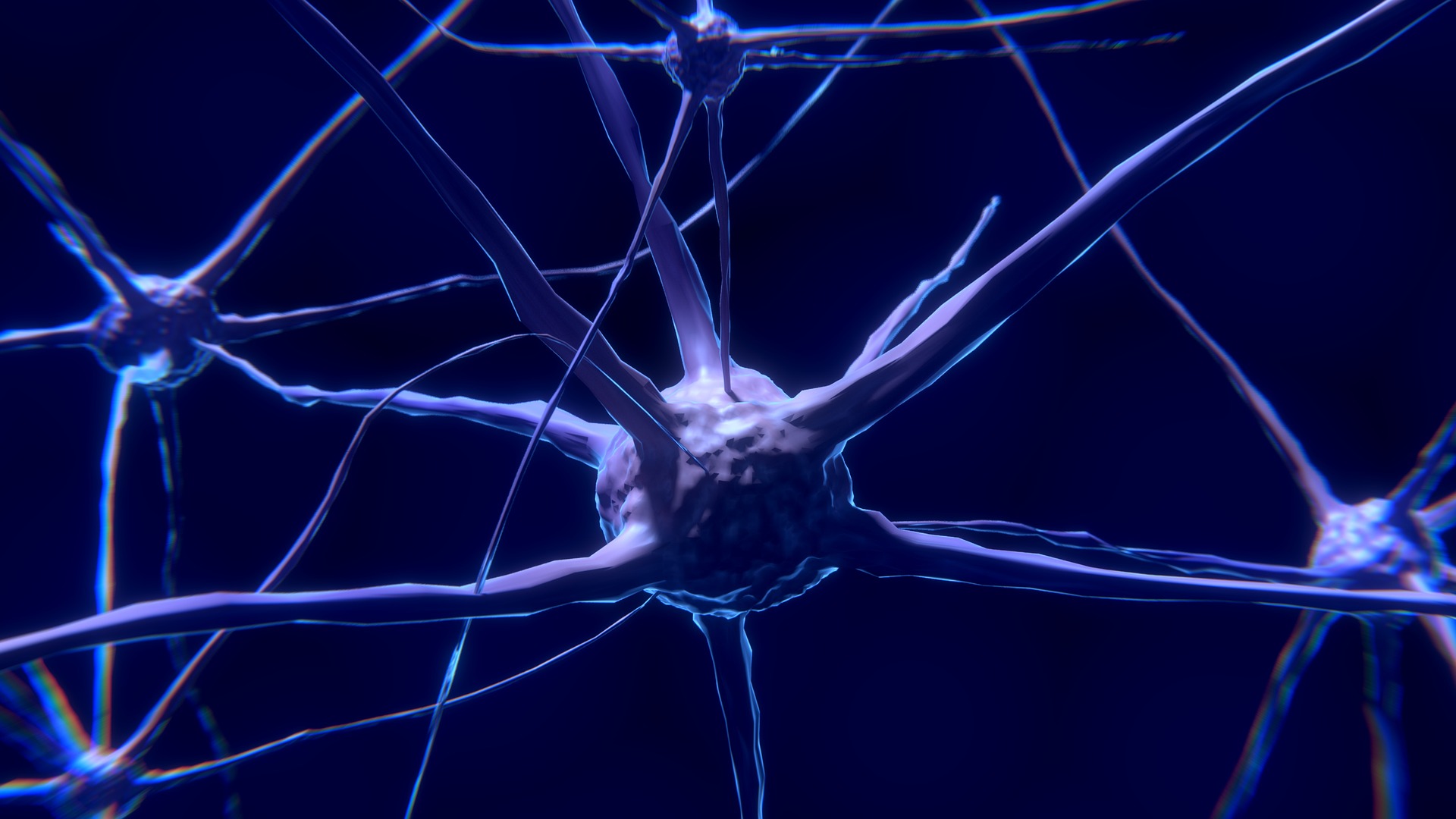Blood biomarkers to improve the management of mild traumatic BRAIN Injury
BRAINI will assess the performance of an automated blood test that can be used to prevent unnecessary CT brain scans for patients with a mild traumatic brain injury. The blood test measures two brain-specific proteins that are known to be elevated in patients who have intracranial lesions.
Because radiation from Computed Tomography (CT) brain scans exposes patients to a risk of cancer, unnecessary scans should be avoided. Mild traumatic brain injury, a frequent cause of admission to hospital emergency departments, is notoriously difficult to manage and assess, so clinicians need objective tools to determine whether patients require a CT brain scan. BRAINI answers this unmet need with a blood-based diagnostic solution that can prevent unnecessary CT scans.
Team
The BRAINI project consists of a transversal consortium coming from France and Spain, including an industrial partner specialist of in-vitro diagnostics (bioMérieux), and two reference clinical centres with traumatic brain injury expertise, a good patient recruitment rate and clinical trial experience: Grenoble Alpes University and Servicio Madrileño de Salud.
The BRAINI project aims to evaluate an automated blood test measuring two brain-specific proteins that occur in elevated levels in patients showing intracranial lesions on a CT brain scan. The test will improve current clinical assessment of mild traumatic brain injury by reducing unnecessary CT scans, and the associated risk of cancer, while improving overall emergency department workflow.
BRAINI will establish a strong clinical study, in order to register the diagnostic test in Europe, so that clinicians can use it to rule out the need to perform a CT scan in patients after mild traumatic brain injury. BRAINI will also assess the prognostic value of the two brain biomarkers to detect patients at risk of neurologic worsening.
With EIT-Health support, BRAINI will produce the critical data required to translate the blood test into a solution that is well-adapted to clinical needs and the constraints of hospital emergency departments. The project will show how the test adds value to current practices and will prepare the inclusion of the blood test into future guidelines.
Impact for citizens:
- Fewer CT brain scans, which bring radiation exposure
- Fewer hospital admissions following mild traumatic brain injury
- Shorter stays in the hospital emergency department
- Earlier identification of patients at risk of neurologic worsening
Impact on healthcare systems:
- Objective tool for mild traumatic brain injury assessment
- Standardisation of care
- Workflow improvement
Impact on health economy:
- Cost-savings on the hospital and health system level
Why this is an EIT Health project
The BRAINI project is in keeping with the EIT Health Focus Area of improving Care Pathways because it allows doctors to reduce unnecessary and potentially harmful CT brain scans. It also promises better care by allowing for an improved workflow at hospitals.
Members
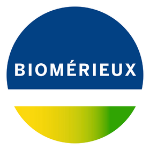
CLC/InnoStars: France
Partner classification: Business
Biomérieux (previously Institut Mérieux), a 14,000 employees bioindustrial group, includes bioMerieux, Transgene, Merieux Nutrisciences, Mérieux Développement and ABL Inc. It develops diagnostic and therapeutic solutions to fight infections, cancer and improve nutrition.
bioMérieux
bioMérieux, 17 Rue Bourgelat, 69002 Lyon, France
Key Activities in Corporate Innovation
Med Tech, Diagnostics
Key Activities in Business Creation
Finance & Investment
Key Activities in Education
Entrepreneurship training, Healthcare professional education/training

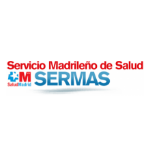
CLC/InnoStars: Spain
Partner classification: Municipality / City, Hospital / University Hospital
Servicio Madrileño de Salud (SERMAS) is the public health provider of the region of Madrid. SERMAS belongs to the Spanish National Health System and provides services to more than 6 million citizens through 38 hospitals and 424 primary care centres. SERMAS is an international reference for high-specialized medicine; it is equipped with state-of-the art stage technologies and characterized by high-qualified health professionals distributed in three domains: primary care, hospital care and emergency care through SUMMA 112. SERMAS has one of the best public primary care systems in good coordination with hospital care and social services in order to provide integrated care and achieve real impact on patients and families. In order to improve health research management and coordination, SERMAS works with 13 Research Foundations that support from the economic and administrative point of view research and innovation that originates at university hospitals, primary care, the emergency medical service and public health covering all areas of specialties and including communication and information technologic departments. These public research foundations focus on innovation and translational research, seeking for real outcomes in healthcare. SERMAS is committed to ensure the continuous improvement of quality.
Key Activities in Social Innovation
Healthcare provision, Payers
Key Activities in Business Creation
Technology Transfer, Testing & Validation
Key Activities in Education
Medical faculties, Healthcare professional education/training

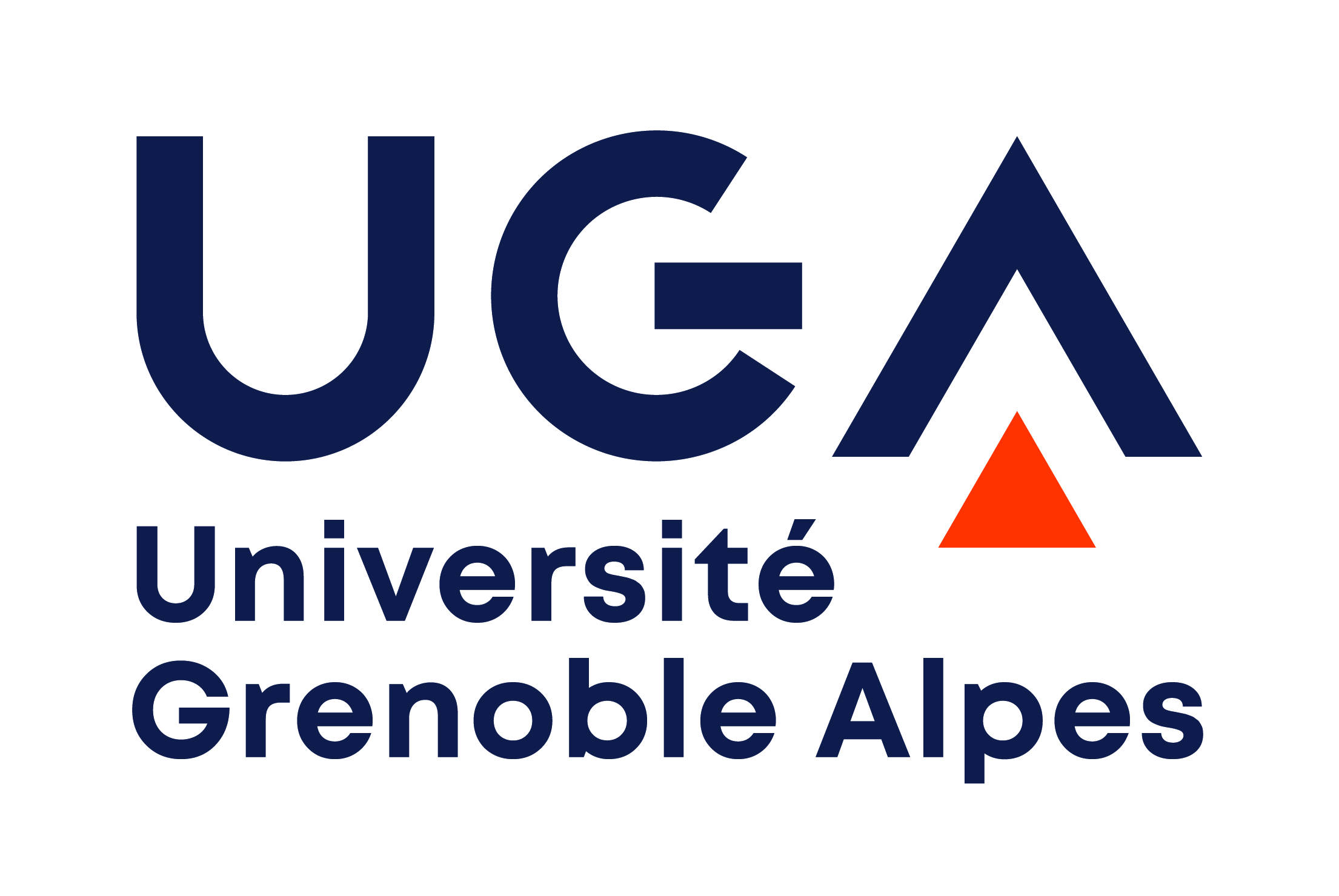
CLC/InnoStars: France
Partner classification: Education, Research, Tech Transfer, Clusters, Other NGOs
The UGA in Grenoble is a leading University of Science Technology and Health. Within 80 multidisciplinary laboratories, the UGA is developing outstanding research at national and international level. The UGA offers a wide range of training courses, from bachelor to doctorate, in close connection with the socio-professional environment to promote the integration of its students.
Université Grenoble Alpes (UGA)
621 Avenue Centrale, 38400 Saint-Martin-d'Hères
Key Activities in Research and Developement
Biomedical engineering, Life science, Social sciences /health economics
Key Activities in Corporate Innovation
Pharma, Med Tech, ICT, Diagnostics, Imaging, Nutricion
Key Activities in Business Creation
Incubation, Technology Transfer, Business coaching
Key Activities in Education
Entrepreneurship training, Technical faculties, Medical faculties, Healthcare professional education/training

